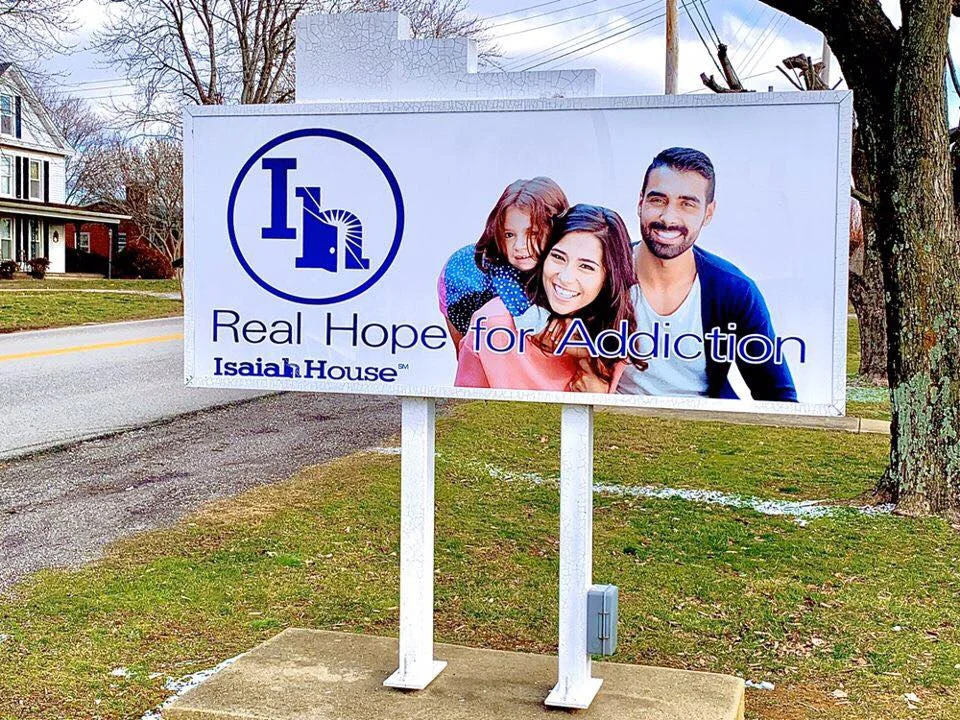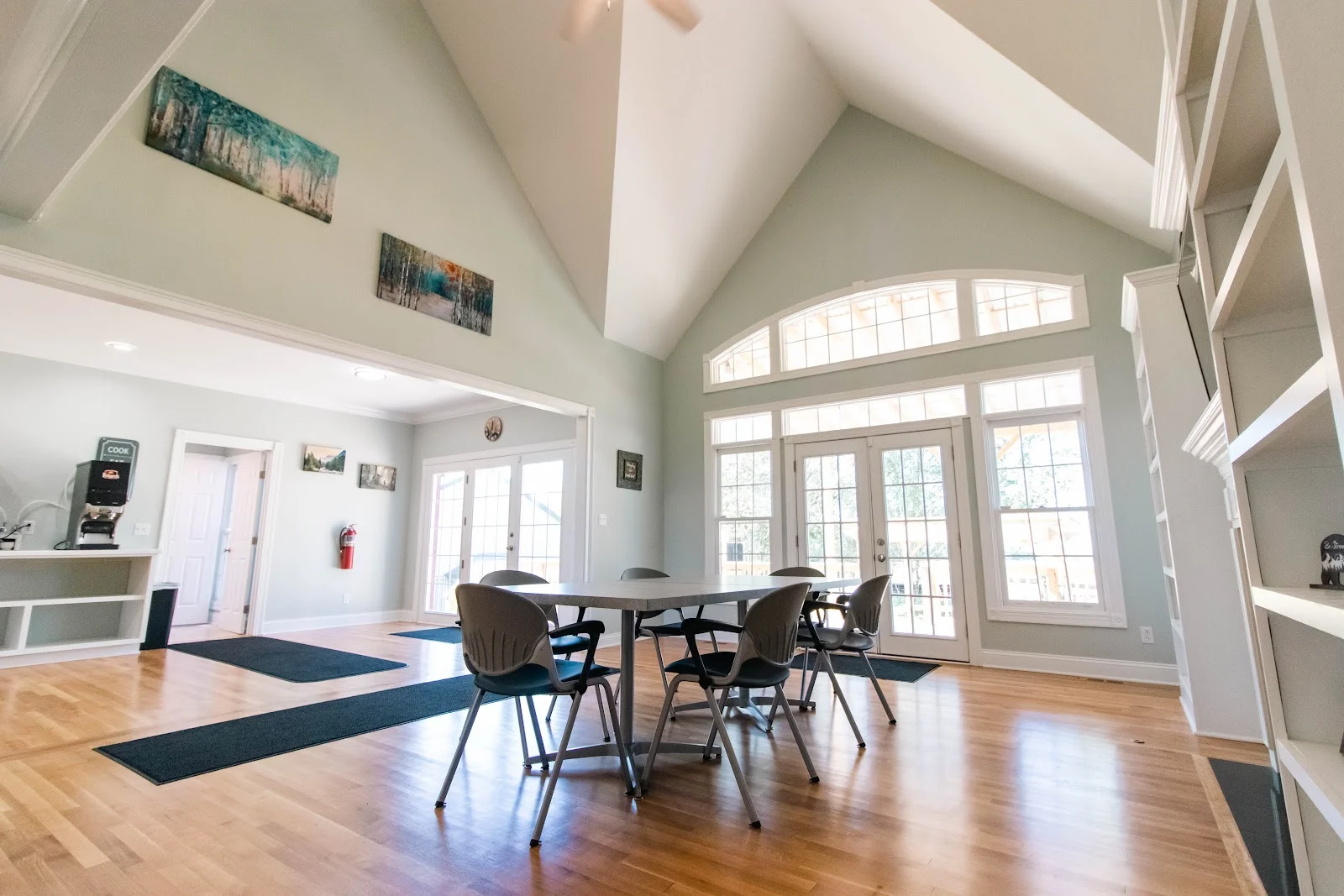Isaiah House Information
Treatment
Who We Treat
- Women Only
- Pregnant/Postpartum Women
- Pregnant Women
Treatment Focus
- Gender-specific groups
- Christian
- Residential
- Women only
Approaches
- Christian
- Gender-Specific
- Therapeutic Community
- Group Therapy
- Trauma Informed
- 1-on-1 Counseling
- Life Skills Training
- Relapse Prevention Counseling
Conditions We Treat
- Depression
- Anxiety
- Post Traumatic Stress Disorder (PTSD)
- Trauma
- Anger
- Co-Occurring Disorders
Substances We Treat
- Alcohol
- Prescription Drugs
- Chronic Relapse
- Opioids
- Methamphetamine
- Synthetic Stimulants (Bath Salts)
- Synthetic Drugs
Languages
- English
Aftercare
- Intensive Outpatient Program
Level of Care
- Outpatient
- Intensive Outpatient Program (IOP)
- Residential Rehab
- Co-Occurring Mental Health
Experience
On-Site Amenities
- Access to Nature
- Fitness Center
- Walking Trails
Personal Amenities
- Air-Conditioned Rooms
- Desk
- Shared Bathroom
- Shared Rooms
Off-Site Amenities
- Excursions
- Access to Nature
- Library
Special Considerations
- Gender-specific groups
- Transition Program
- Christian
Accreditations
-
Commission on Accreditation of Rehabilitation Facilities (CARF)
CARF accreditation is a prestigious recognition for organizations in rehabilitation and human services. It signifies that an organization meets rigorous quality standards and is committed to providing top-notch care. Achieving CARF accreditation involves a thorough evaluation process, including on-site surveys, to ensure excellence in programs and services. This accreditation boosts an organization's credibility, assures clients and funders of quality, and promotes ongoing improvement in the field of rehabilitation and human services.

-
The Joint Commission
The Joint Commission's addiction and behavioral health accreditation signifies a facility's commitment to high-quality care. It involves rigorous evaluations and assessments of clinical practices, ensuring effective, evidence-based treatment. Accreditation showcases a dedication to continuous improvement and patient safety, instilling trust among patients, families, and healthcare professionals. It's a mark of excellence in addiction and behavioral health care.

-
SAMHSA certification for opioid treatment program (OTP)
SAMHSA's Opioid Treatment Programs (OTPs) accreditation is a rigorous recognition process that signifies an OTP's commitment to providing high-quality care for individuals dealing with opioid use disorders. It assures patients, families, and the community that the program adheres to evidence-based practices, employs qualified staff, and maintains a safe treatment environment. This accreditation is a symbol of quality and accountability, offering confidence in the program's ability to support individuals on their path to recovery from opioid addiction.
Additional Locations
Isaiah House Accepts The Following Insurance Plans
Find the best treatment options. Call our free and confidential helpline today!









